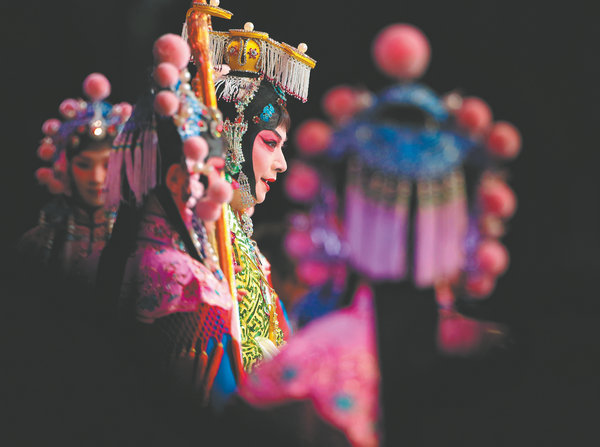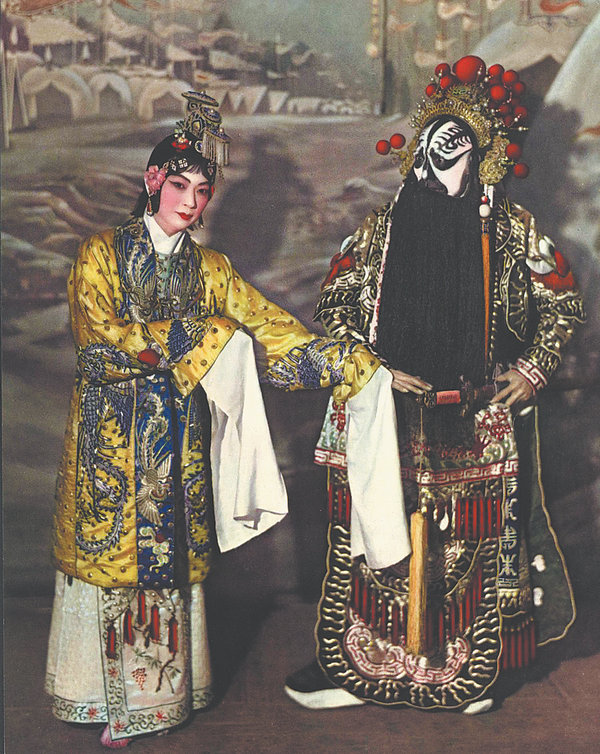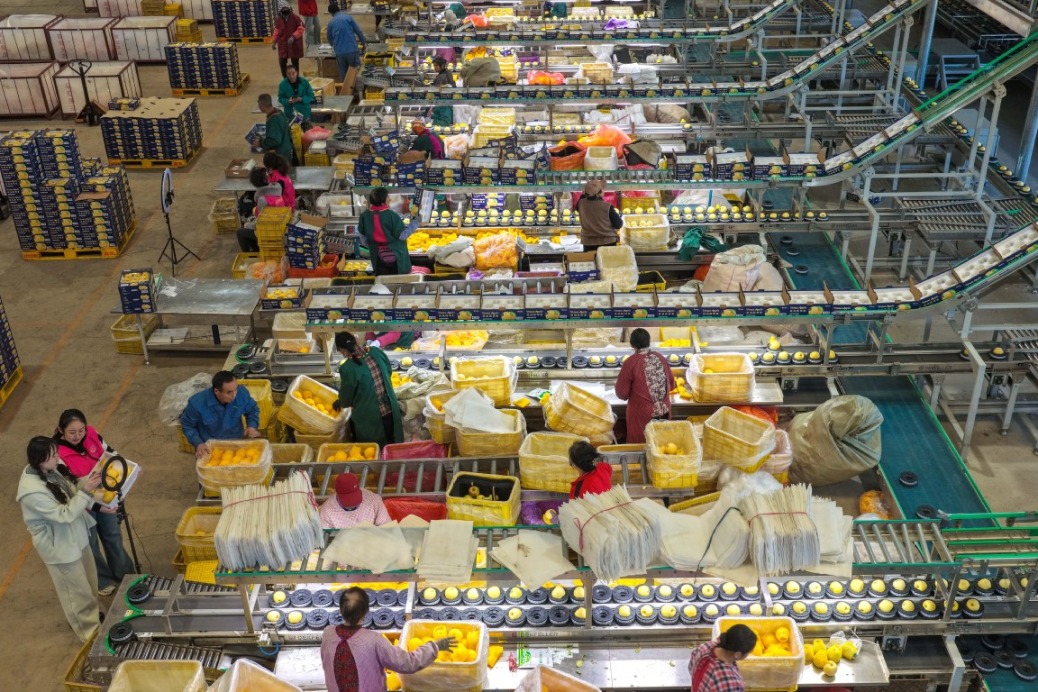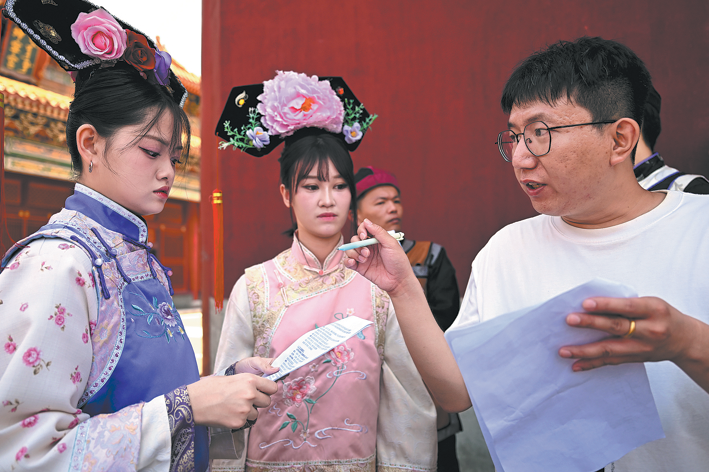Events start in honor of Peking Opera key stars
Father and son, the discipline's most famous actors, are remembered with performances across the country in poignant tribute, Chen Nan reports.
By Chen Nan | China Daily | Updated: 2024-04-16 05:59

The legendary master of Peking Opera, Mei Lanfang (1894-1961) is a household name in China, thanks to his contribution to the 200-year-old art form.
He was one of the first Chinese artists to introduce Peking Opera to an audience abroad, and many of his classic repertoires are still performed today. Peking Opera, also known as jingju, was recognized as an Intangible Cultural Heritage of Humanity by UNESCO in 2010. It brings together various disciplines such as singing, dancing, martial arts and acrobatics.
Marking the 130th anniversary of Mei's birth, a series of events was announced in the capital by the Jingju Theater Company of Beijing last month. The 90th anniversary of the birth of Mei Baojiu (1934-2016), Mei Lanfang's son and a key inheritor of his art, is also being marked.

According to Zhu Jia, deputy director of the Jingju Theater Company of Beijing, Mei Lanfang's style of Peking Opera became known as meipai, or the Mei School, and together with the Russian Stanislavsky System (utilizing emotional memory) and German Brecht System (emphasizing the suggestive) formed the "three performing systems of the world".
"When we talk about Peking Opera, Mei Lanfang is a name that cannot be ignored. His contribution to the art form, his innovation in the development of the art form and the success he achieved in promoting Chinese art to the world will always be remembered," Zhu says.
The company joins hands with Peking Opera companies around the country, such as the Shanghai Jingju Theater Company and the Tianjin Jingju Theater Company, as it began to stage more than 60 shows from March to October in cities, including Beijing, Tianjin, Shanghai and Nanjing, Jiangsu province.
The first 10 shows were staged in Beijing from late March to April 6, featuring Peking Opera stars, such as Fan Yuyuan, Hu Wenge, and Zhang Huifang, who played classic pieces adapted and performed by Mei Lanfang, including Bawang Bieji (Farewell My Concubine), Taizhen Waizhuan (The Legend of Yang Yuhuan) and Mu Guiying Guashuai (Mu Guiying Taking Command).
As well as live performances, the memorial program also includes an exhibition displaying more than 70 costumes, used by Mei Lanfang and Mei Baojiu, which will be held at the Capital Museum and the National Centre for the Performing Arts in Beijing from August to October.
























